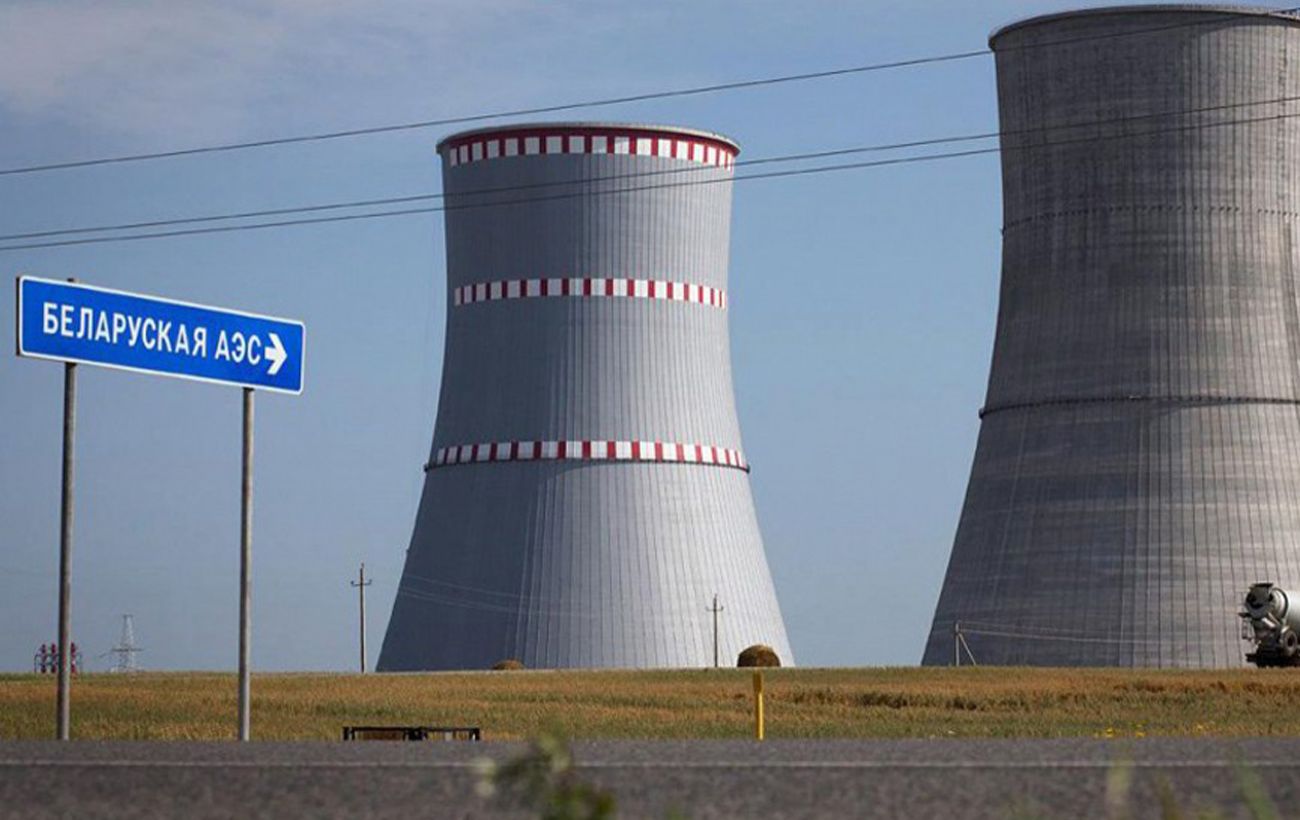Less than five years after the launch of the Belarusian Nuclear Power Plant (BelNPP), operational issues have become systematic. Both power units are periodically shut down, causing concern not only among the Belarusian population but also among neighboring countries, including Lithuania and the European Union as a whole.
Official statements from the Belarusian government try to reassure the public, but the facts raise doubts. A recent shutdown of the second power unit due to a breach in the first circuit’s tightness caused serious concern, as this circuit contains water with radioactive materials. It is evident that the real problems are only a matter of time, even though Russian and Belarusian experts stubbornly deny it.
Is the operation of the BelNPP safe?
According to experts, frequent reactor shutdowns significantly reduce their reliability, as the equipment has a limited number of safe on/off cycles. Each unplanned incident increases the risk of accidents, which could have catastrophic consequences for people and the environment. This is especially concerning for facilities located near European borders.
What are the causes of these problems?
The BelNPP was constructed by the Russian company “Atomstroyexport,” a subsidiary of the state corporation “Rosatom.” However, the station is not known for its productivity but for endless repairs. This raises doubts about the professionalism of Russian contractors, especially in the context of exporting nuclear technology to other countries.
Global risks of cooperation with “Rosatom”
Russian companies are involved in many international nuclear power plant construction projects, such as the second Turkish plant in Sinop and the expansion of the Hungarian Paks plant. However, the experience of the Chernobyl Nuclear Power Plant demonstrates that these projects can become kind of “slow-motion bombs”.
The economic crisis in Russia due to international sanctions further undermines the ability of Russian companies to ensure the quality and safety of their projects. In such conditions, involving “Rosatom” appears increasingly risky.
What Should International Partners Consider?
Countries planning to cooperate with Russia in the field of atomic energy should seriously consider potential threats. The danger lies not only in the poor quality of work execution, but also in possible political consequences. The current state of the Russian economy and its reputation on the international stage leave little room for trust.
Conclusion: Time to Consider Alternatives
Nuclear energy is not an area where risks should be taken. Considering the experience of the Chernobyl Nuclear Power Plant, international partners should reconsider their plans for cooperation with Russia. In the long run, alternative approaches to the development of the energy sector may not only ensure energy independence but also global security.


